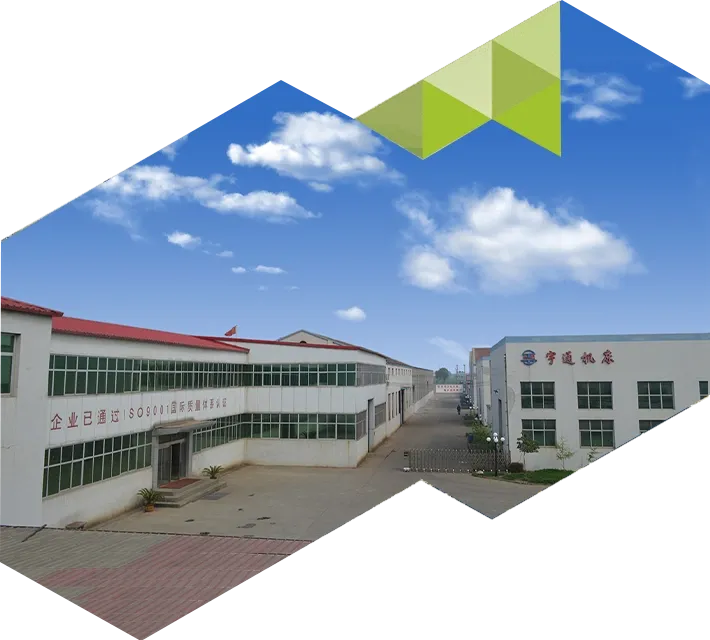
-
 Afrikaans
Afrikaans -
 Albanian
Albanian -
 Amharic
Amharic -
 Arabic
Arabic -
 Armenian
Armenian -
 Azerbaijani
Azerbaijani -
 Basque
Basque -
 Belarusian
Belarusian -
 Bengali
Bengali -
 Bosnian
Bosnian -
 Bulgarian
Bulgarian -
 Catalan
Catalan -
 Cebuano
Cebuano -
 Corsican
Corsican -
 Croatian
Croatian -
 Czech
Czech -
 Danish
Danish -
 Dutch
Dutch -
 English
English -
 Esperanto
Esperanto -
 Estonian
Estonian -
 Finnish
Finnish -
 French
French -
 Frisian
Frisian -
 Galician
Galician -
 Georgian
Georgian -
 German
German -
 Greek
Greek -
 Gujarati
Gujarati -
 Haitian Creole
Haitian Creole -
 hausa
hausa -
 hawaiian
hawaiian -
 Hebrew
Hebrew -
 Hindi
Hindi -
 Miao
Miao -
 Hungarian
Hungarian -
 Icelandic
Icelandic -
 igbo
igbo -
 Indonesian
Indonesian -
 irish
irish -
 Italian
Italian -
 Japanese
Japanese -
 Javanese
Javanese -
 Kannada
Kannada -
 kazakh
kazakh -
 Khmer
Khmer -
 Rwandese
Rwandese -
 Korean
Korean -
 Kurdish
Kurdish -
 Kyrgyz
Kyrgyz -
 Lao
Lao -
 Latin
Latin -
 Latvian
Latvian -
 Lithuanian
Lithuanian -
 Luxembourgish
Luxembourgish -
 Macedonian
Macedonian -
 Malgashi
Malgashi -
 Malay
Malay -
 Malayalam
Malayalam -
 Maltese
Maltese -
 Maori
Maori -
 Marathi
Marathi -
 Mongolian
Mongolian -
 Myanmar
Myanmar -
 Nepali
Nepali -
 Norwegian
Norwegian -
 Norwegian
Norwegian -
 Occitan
Occitan -
 Pashto
Pashto -
 Persian
Persian -
 Polish
Polish -
 Portuguese
Portuguese -
 Punjabi
Punjabi -
 Romanian
Romanian -
 Russian
Russian -
 Samoan
Samoan -
 Scottish Gaelic
Scottish Gaelic -
 Serbian
Serbian -
 Sesotho
Sesotho -
 Shona
Shona -
 Sindhi
Sindhi -
 Sinhala
Sinhala -
 Slovak
Slovak -
 Slovenian
Slovenian -
 Somali
Somali -
 Spanish
Spanish -
 Sundanese
Sundanese -
 Swahili
Swahili -
 Swedish
Swedish -
 Tagalog
Tagalog -
 Tajik
Tajik -
 Tamil
Tamil -
 Tatar
Tatar -
 Telugu
Telugu -
 Thai
Thai -
 Turkish
Turkish -
 Turkmen
Turkmen -
 Ukrainian
Ukrainian -
 Urdu
Urdu -
 Uighur
Uighur -
 Uzbek
Uzbek -
 Vietnamese
Vietnamese -
 Welsh
Welsh -
 Bantu
Bantu -
 Yiddish
Yiddish -
 Yoruba
Yoruba -
 Zulu
Zulu
flat thread rolling machine products
The Advantages of Flat Thread Rolling Machines
Flat thread rolling machines have become increasingly popular in the manufacturing sector, particularly for companies looking to enhance their production efficiency and product quality. These advanced machines are designed to create threads on flat surfaces, making them ideal for a variety of applications, including screws, bolts, and other fasteners. This article will explore the benefits of utilizing flat thread rolling machines in today's manufacturing landscape.
One of the primary advantages of flat thread rolling machines is their ability to produce high-quality threads with exceptional precision. The cold rolling process used in these machines allows for the creation of threads without removing material, which preserves the integrity of the original metal. This results in stronger, more durable threads that can withstand greater stress and strain, making them ideal for applications in demanding environments.
In addition to their strength, the threads produced by flat thread rolling machines typically exhibit better surface finish qualities. The cold working process enhances the surface characteristics of the material, reducing the need for additional finishing processes. This not only saves time but also significantly lowers production costs, which is a critical factor in today’s competitive market.
flat thread rolling machine products

Efficiency is another significant benefit of flat thread rolling machines. These machines can achieve high production rates, which means manufacturers can meet increasing demand without sacrificing quality. The automation capabilities of modern flat thread rolling machines also allow for programmed operations, leading to consistent results and reduced labor costs. Operators can monitor the process more closely, enabling quick adjustments as needed to maintain optimal production levels.
Furthermore, the versatility of flat thread rolling machines makes them suitable for various industries, including automotive, aerospace, and construction. They can accommodate different sizes and materials, allowing manufacturers to expand their product lines with ease. This flexibility means that businesses can quickly adapt to changing market needs without substantial investment in new machinery.
Lastly, the environmental benefits associated with flat thread rolling technology cannot be overlooked. The cold rolling process consumes less energy than traditional machining methods, contributing to lower overall environmental impact. Additionally, because there is no material waste, manufacturers can operate more sustainably, aligning with global trends towards environmentally responsible practices.
In conclusion, flat thread rolling machines offer numerous advantages, including precision, efficiency, strength, and versatility, making them an excellent investment for manufacturers. As industries continue to evolve and demand for high-quality fasteners increases, adopting this technology will help businesses stay competitive and thrive in their respective markets.
